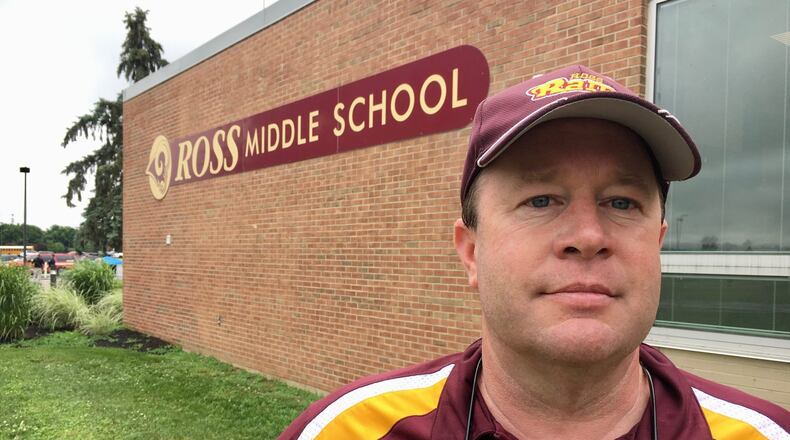But for now, other public school districts in Butler and southern Warren County appear they will have the same superintendents in place when classes are scheduled to start for the 2020-2021 school year in August and early September.
A few years ago, that was not the case.
Up until 2018, the turnover rate for local superintendents was high. From 2015 to 2017, 14 of 22 public and private school districts in the two counties — including the Cincinnati Archdiocese schools and two county career schools — hired new superintendents.
In 2018, Talawanda, Monroe, Hamilton, Madison and Mason hired new superintendents.
That local job churn of superintendents mirrored a still on-going national trend. According to a 2018 national study of school superintendents job longevity by the Broad Center, in the 100 largest school districts the average superintendent lasts a little more than six years in the job. Officials conducting the study said the average tenure is even shorter in urban districts.
Experts cite the financial pressures, difficulty retaining employees and a daily barrage of issues at most public school systems as making the superintendent job especially difficult.
Prior to 2015, Butler County had a sizable percentage of superintendents who had been at the job for many years, including Hamilton’s Janet Baker, who was the dean of longevity holding her office for 24 years.
“It is more demanding than you could ever imagine,” said Russ Fussnecker, who has been superintendent of Edgewood Schools since 2015.
Little did Fussnecker know that due to a rash of retirements and job moves, just three years later he would become by default the dean of Butler County superintendents.
“The pressure can be overwhelming at times, but it is definitely a calling more than a job and knowing you made a difference in the life of a child makes it all worth it in the end,” he said.
Matt Miller, superintendent of the 16,800-student Lakota Schools – Ohio’s ninth largest school system – said there are number of reasons for the shortening tenures for some superintendents by the key is overall support.
“Superintendent tenure certainly varies due to several factors,” said Miller. “Having a cohesive and forward-thinking school board, a dedicated administrative, teaching, and support staff, and a personal investment in the community you serve are all factors that can contribute to the success and longevity of a superintendent”
Billy Smith, who was promoted into the superintendent’s job at Fairfield’s 10,000-student district in 2016, said “there’s no doubt that the challenges of serving as a superintendent have increased over the years.”
“The needs of the students we serve have dramatically increased over the years, and I think the desire to meet all of those needs for every single student has been the biggest challenge,” said Smith.
Hamilton’s 10,000 public school students have been led by Mike Holbrook since spring of 2019.
Holbrook, the city schools former assistant superintendent and a veteran school administrator in Southwest Ohio, said he’s been around public education for decades and there is no job like that of a superintendent.
“The position of superintendent of schools is the most challenging position in K-12 education,” he said.
It’s often a passionate – and sometimes contentious job because so many different parts of society are emotionally and financially invested in schools.
“Education is something that most care deeply about and communities have long emotional connections to their schools,” he said.
“The time commitment, skill set, and experience needed to perform the job successfully are all encumbering,” said Holbrook. “And education is in an era of continual change, and the position requires the ability to lead in a collaborative, proactive, forward-thinking and politically aware manner - certainly a difficult needle to thread.”
About the Author
